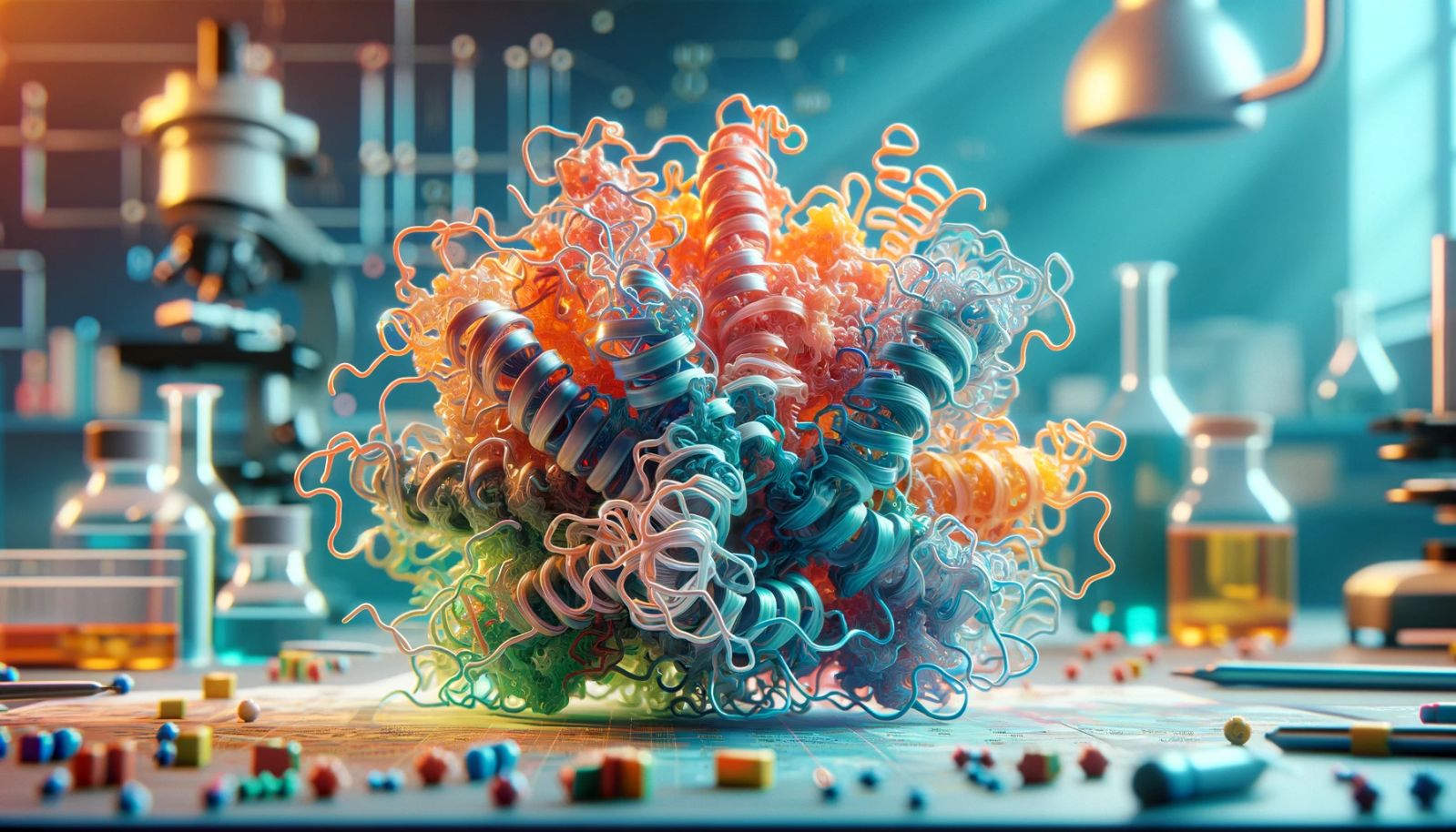Cancer: Finally, the Reason Why Research Was Failing - Solution on the Horizon
Follow us on Google News (click on ☆)

Until now, studies on p38a focused on its "reduced" form, known to be active in the cell. The newly identified "oxidized" form by the research team is characterized by a disulfide bridge, altering the structure of the protein and rendering it inactive. This inactivity is temporary and depends on the cell's redox state, a balance between oxidizing and reducing conditions. This means that the protein can regain its normal function under certain conditions.
The significance of this discovery lies in the fact that the oxidized forms of p38a offer new avenues for drug development. Indeed, the knowledge of this inactive form paves the way for the creation of inhibitors that could target the protein specifically without affecting other cellular processes.
This insight into how p38a is regulated in cells could lead to more effective and specific treatments for diseases related to this protein, marking a turning point in pharmaceutical research.
The research also benefited from collaboration with the laboratory of Dr. Modesto Orozco at the University of Barcelona and Nostrum Biodiscovery, with funding from several institutions, including the Spanish Ministry of Science and Innovation and the European Research Council.